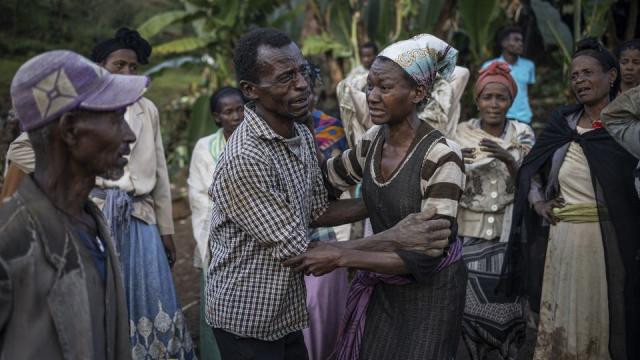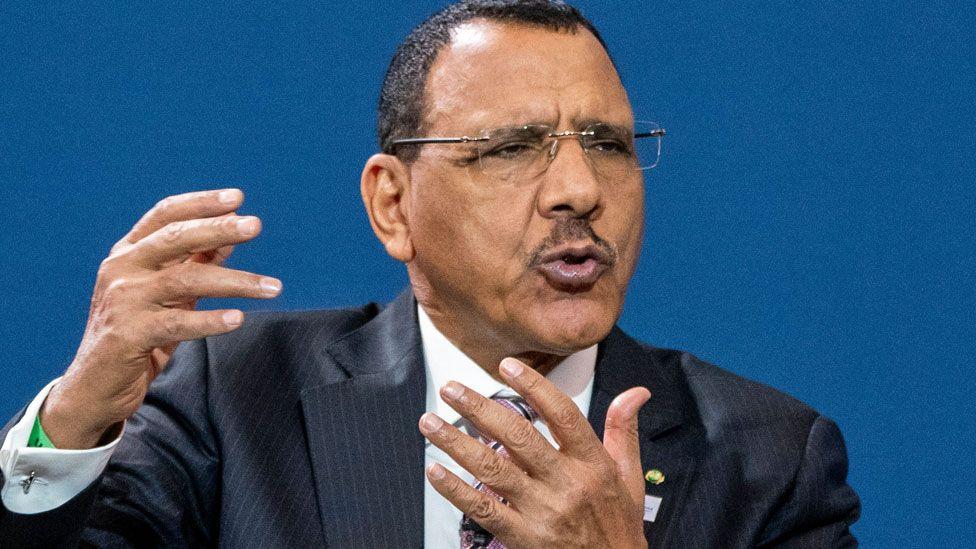
Tanzania sentenced a Mozambican national to 20 years in prison late Wednesday following his conviction for smuggling 88.3 million Tanzanian shillings ($35,272) worth of rhino horns.
The verdict was part of a broader crackdown on illegal poaching operations in sub-Saharan Africa.
Tanzania heavily relies on revenue generated from tourism, and President Samia Suluhu Hassa n has vowed to combat poaching as part of a comprehensive anti-corruption campaign.
The Mtwara Resident Magistrate’s Court in southern Tanzania delivered the verdict against Armelindo Anibal, according to court documents obtained by Anadolu.
Resident Magistrate Charles Mzava, who presided over the case, swiftly rendered the judgement after considering arguments from both the prosecution and the defense
Mzava justified the severity of the punishment by emphasizing the value that rhinoceroses bring to the nation’s economy through the tourism sector. He cited Chapter 283 of the law on wild animals, which states that “anyone found in possession of government trophy worth more than Sh100,000 will either face a fine exceeding ten times the item’s value or serve a prison term ranging from 20 to 30 years.”
In his defense, the accused’s lawyer, Alex Msalenge, pleaded for a more lenient sentence on behalf of his client. He argued that Anibal had no intent to commit a crime, had already spent a considerable time in prison, was of advanced age, and was needed by his country and dependents. Additionally, Anibal’s unfamiliarity with the local language and customs played a role in his actions.
Anibal first appeared in court on Dec. 7, 2021, following his arrest in Masasi district. Local residents had alerted the police to the presence of an individual who neither spoke Kiswahili nor could explain the contents of his vehicle.
Judge Mzava acknowledged some of these factors but stressed that being a foreigner did not excuse the violation of the country’s laws.
Government attorney Alex Kasela urged the court to impose a severe sentence as a deterrent to Anibal and other foreign nationals contemplating illegal activities in Tanzania. He emphasize d the significant economic impact of the rare animal’s killing on the country.




